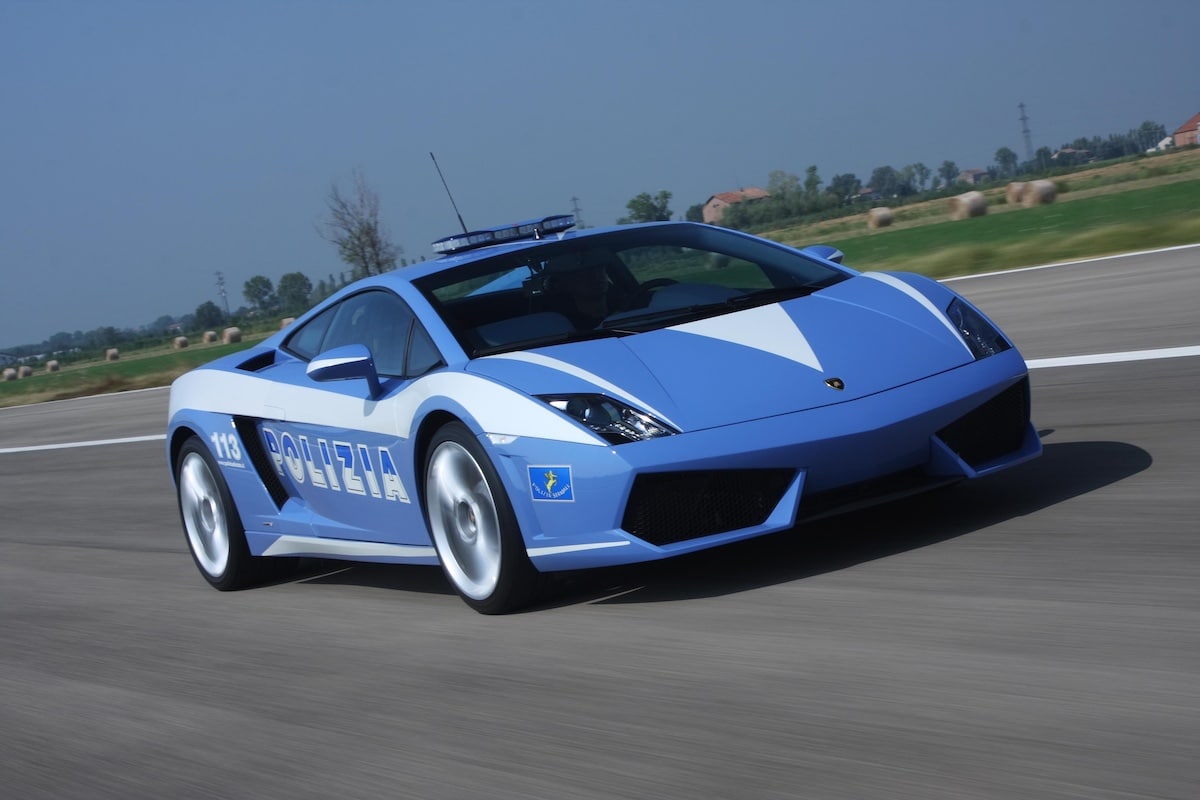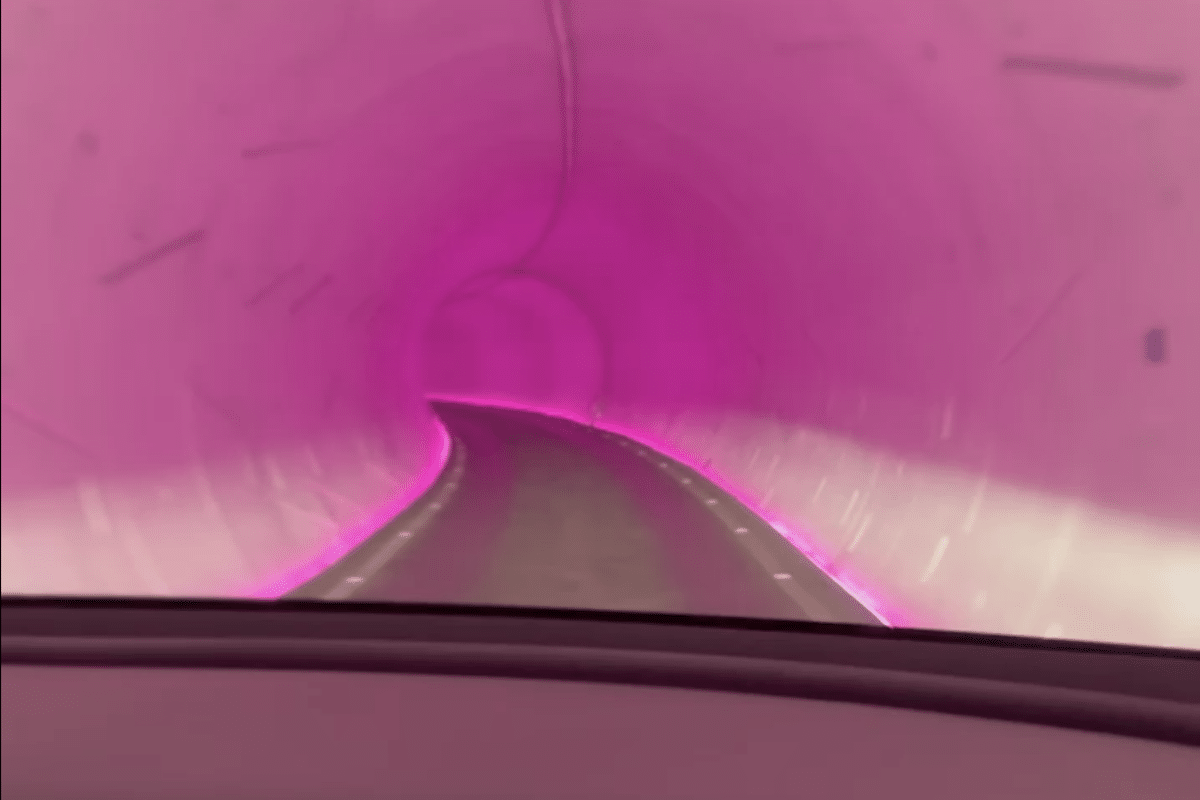Nightmare in the kitchen, the highway code is changing in Italy

Italy has recently implemented a new traffic code that is among the strictest in the world. Enough to put the boot in a frenzy.
The recent changes to the traffic code in Italy have raised concerns, particularly regarding the potential impact on wine consumption, especially in restaurants. Indeed, new stricter rules concerning alcohol consumption while driving have been introduced, along with increased fines for those caught driving under the influence. A blood alcohol level exceeding 0.8 g/l can result in a fine of up to 3,200 euros and a driving license suspension. Beyond 1.5 g/l, fines can reach 6,000 euros, a two-year suspension, and even imprisonment. In an extreme outrage, repeat offenders will have to install an “alcolock,” a device that prevents starting the vehicle if alcohol is detected. Drivers under the influence of drugs also risk immediate revocation of their driving license and a three-year driving ban, merely based on a positive saliva test.
These changes have logically had an immediate impact on the restaurant industry, with a slight but notable decrease in wine sales. Reports reflect this trend that seems to be confirmed, with restaurateurs fearing that these new measures will discourage customers, even those who intended to drink responsibly and moderately.
Bottled Tragedy?
This all may seem terribly futile from France since we already have fairly strict regulations regarding alcohol consumption while driving. But Italy is, after France, one of the first major gastronomic culture countries to be concerned. Some restaurateurs have not waited to adapt their offerings by proposing alternative solutions, such as allowing customers to take home unfinished bottles of wine. This option, which involves selling bottles at a reduced price if they are partially consumed at home, has gained popularity, thus maintaining the social experience of wine while avoiding concerns related to drinking and driving.
The French experience, after lowering the blood alcohol limit to 0.5 g/l in 2015, illustrates that the initial fears regarding a decline in wine sales in restaurants turned out to be exaggerated. While road safety has been strengthened, the impact on wine consumption has ultimately not been as dramatic as expected. Therefore, the controversy should naturally subside in Italy, as it is ultimately in very poor taste to equate the economic viability of the restaurant sector with the preservation of human lives. This should cut your appetite, as you would agree.
READ ALSO: The Lamborghinis of the Polizia have been saving lives for 20 years!
This page is translated from the original post "Cauchemar en cuisine, le code de la route évolue en Italie" in French.
We also suggestthese articles:
Also read




